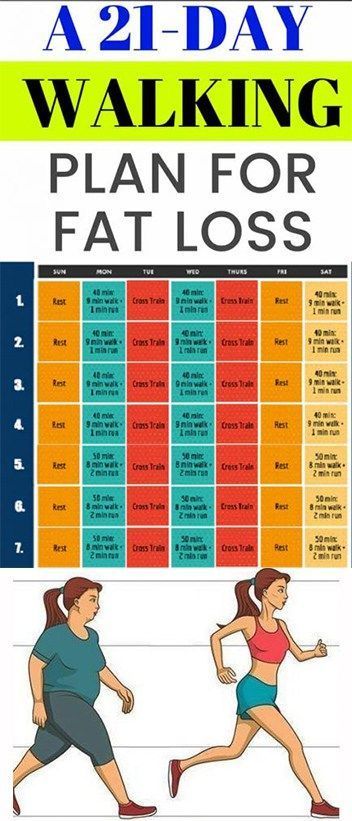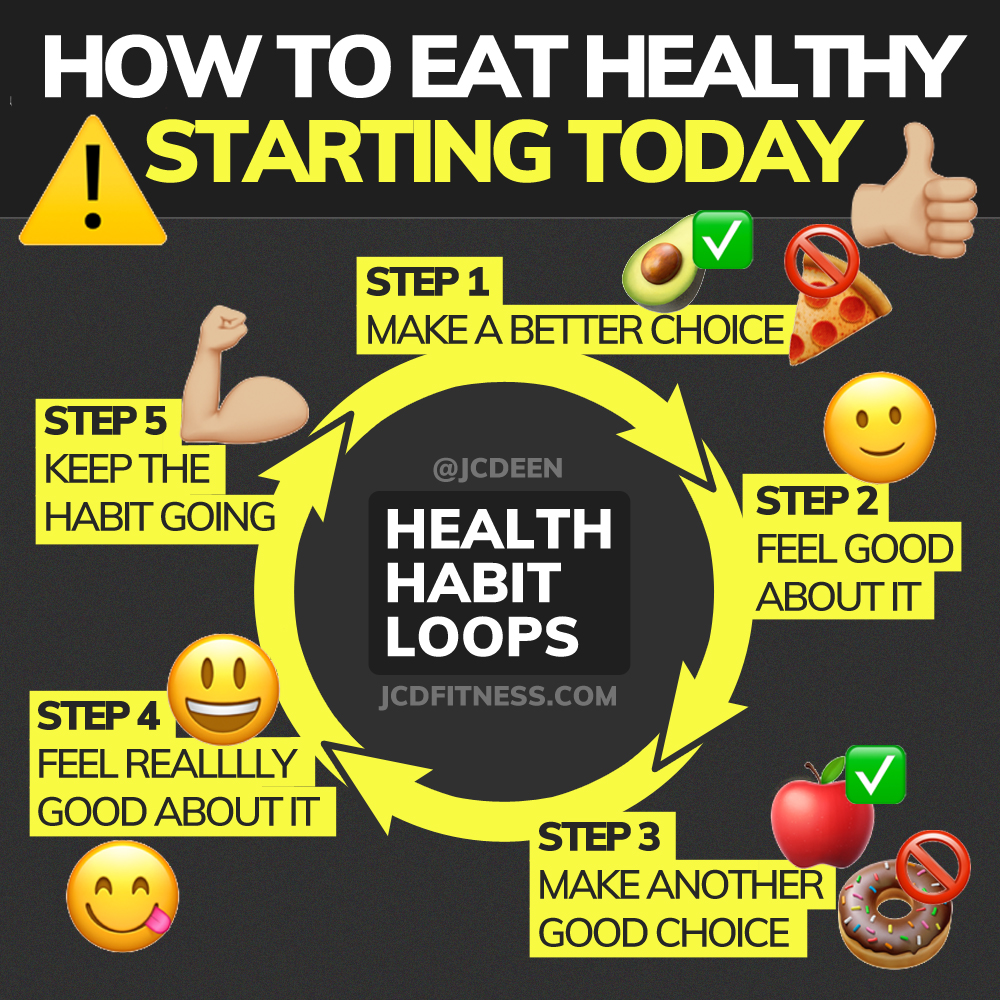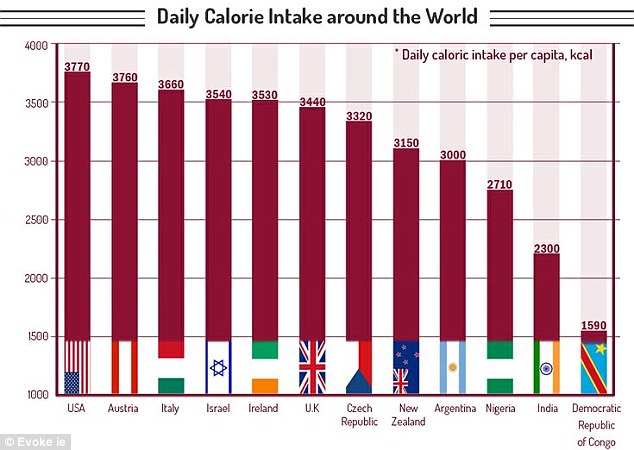
A recent study found that standing for at most six hours per week burns more calories than sitting. Standing can also break up sedentary behaviors and increase the activity lipoprotein lipase. Standing helps lower blood pressure and triglycerides. So, does standing help you lose weight? Find out more about this important topic by reading on.
Standing burns more calories than walking.
Studies show that watching TV while standing burns more calories per hour than sitting. The researchers concluded that more activity is needed to see the caloric difference. They did not measure calories burned while working. One example is that a person can watch TV while sitting, and then get up to work. It is much more effective to stand than to sit down when trying lose weight. After sitting for hours, walking and standing can help loosen your muscles.
Research shows that standing for just 30 minutes burns 30% more calories than sitting. This can help to prevent weight gain. Standing can improve your posture and blood sugar levels. Standing is more efficient and convenient than sitting. But, if you're a busy person, you'd better switch to walking. Standing and walking are both good options to burn calories. Both are efficient, but you should choose which one best suits your lifestyle.

Standing can increase your body's lipoprotein lipase activity
Studies have shown standing has a positive effect on the activity lipoproteinlipase, an enzyme that breaks down fat in your blood. Inactivity lowers lipoproteinlipase, and can increase the risk of developing heart disease. Sitting for too long reduces lipoprotein lipase activity by approximately 90%. It can also lower blood sugar levels and insulin response in women at high risk of developing type 2 diabetes.
Regular exercise and movement activates the enzymes that help to break down fats and other sugars. Research has shown that standing at a desk can increase lipoprotein activity. This will help you lose more fat. The body doesn't release enough lipoprotein, which can lead to metabolic syndrome, an increase in the risk of obesity, and a wider waist.
Standing breaks up sedentary habits
Dr. Lopez Jaimenez, Mayo Clinic cardiology fellow says that standing is good for breaking up sedentary habits, and can help you lose weight. Standing can burn 0.15 more calories per minute than sitting. It's nearly fifty percent more calories that you would burn if sitting all day. Not only that, but it also improves bone health, and burns more calories than sitting.
Experts recommend that those who are prone to being sedentary take frequent breaks to increase physical activity and decrease their waistline. Beeping watches and computer programs can help remind people to move more frequently. Also, if you can't find a time to get up, consider using a standing desk converter to switch between sitting and standing.

Standing lowers blood sugar, blood tension, and triglycerides
Standing can have many health benefits. Standing can lower blood pressure, glucose levels, and triglycerides (the main components of bodyfat), which can help to reduce blood pressure and glucose. A study has shown that replacing two hours of sitting with a standing session results in an 11 per cent decrease in BMI. Also, there is a 7.5 centimeter (3in) decrease in waist size. Additionally, the average blood sugar and triglyceride levels were significantly lower for people who stood up for at least two hours per day. These findings are promising and can help you lose weight and stay active.
Standing at work is not only good for losing weight but it also has many other benefits. Researchers from the University of Leicester found that standing for a few moments each day can help lower blood sugar, blood tension, and triglycerides. Sitting causes our bodies to work harder to absorb sugars and make insulin. This increases our risk of developing heart disease. Standing increases blood flow, which makes it easier for muscles to burn fat and make us look and feel better.
FAQ
Why Exercise is Important for Weight Loss
The human body has incredible capabilities. It's designed to move. Whether we are walking, running, swimming, biking, lifting weights, playing sports, dancing, jumping rope, riding our bikes, or just standing still, moving our bodies helps us stay healthy.
Exercise is good for your health and helps you tone your muscles. This makes you feel good both physically and psychologically. It is common to hear people say that exercise is essential for weight loss. But what exactly is it?
-
Exercise increases metabolism. Your body uses energy when you are active. Moves increase heartbeat, blood flow, and oxygen absorption. All of these activities consume energy. Exercise can help you burn more calories and increase your metabolism rate. Your body's energy consumption during physical activity is known as the amount of calories burned.
-
Exercise reduces appetite. Working out will help you to eat less and make you feel fuller all day.
-
Exercise increases strength. Muscle tissue needs more energy to function than fat tissue. So if you build lean muscle mass, you will need less food to maintain your current weight.
-
Exercise releases endorphins. Endorphins, hormones that make you feel happy, are released when you exercise. They are released into the bloodstream during exercise. Studies show that endorphins actually block pain signals from reaching your brain. This provides a feeling if well-being.
-
Exercise increases self-esteem. Exercise is a great way to boost self-esteem. They live longer, healthier lives.
If you want to lose weight, start with small changes. These tips can be added to your daily routine.
How long does a weight loss process take?
It takes time and effort to lose weight. It can take six months to lose 10%.
It's important to remember that you shouldn't expect to lose weight overnight. Your body needs to adjust to new dietary habits.
This means that your diet should be gradually changed over many days or weeks.
Fad diets should be stopped as they are often not effective. Instead, you should focus on changing your daily routine.
You should stop eating unhealthy snacks late at nights, for example.
Instead, eat healthier meals at night. You'll be able to eat healthier meals earlier in the evening, and you won't snack later at night.
It is important to drink lots of water throughout the day. Water keeps you hydrated and prevents your body from becoming dehydrated. Dehydration can cause you to feel tired and sluggish.
Therefore, drinking lots of water throughout the day will help you stay energized and focused.
It is important to reduce stress levels through activities that allow you to relax. Spending quality time with loved ones is one way to reduce stress levels.
You could also choose to read books, see movies, or listen music.
These activities will help to relax and unwind from stressful situations. You will feel happier and more confident.
When you are trying to lose weight, it is important to consider your health first.
Your physical fitness is an indicator of overall health. If you are looking to improve your physical fitness, it is important that you eat well and do regular exercise.
What can I eat in the morning while intermittently fasting
It is a good idea to drink water early in the day. It will help you feel fuller, faster, and it will give you energy throughout your day. For more flavor, add lemon juice and cucumber slices.
Why would you want to lose weight before turning 40?
Maintaining health and fitness is the most important thing for people over 40. It is vital to find healthy ways to stay active throughout your lifetime. Regular exercise, healthy eating, moderate alcohol consumption, and quitting smoking are all important.
It is also important for us to realize that our bodies will change with age. Our bones start to weaken, and our muscles start to shrink. You can slow down the aging process if you take care of yourself.
It is important to stay healthy and fit as you age. These are:
-
Better Sleep
-
Improved moods
-
Increased energy levels
-
Lower risk for cancer
-
A longer life
-
More independence
-
Better sex
-
Memory that is better
-
Greater concentration
-
Improved circulation
-
Stronger immune system
-
Fewer aches, pains
Is it possible to eat fruits while intermittent fasting?
Fruits are great for your health. They are rich sources of vitamins, minerals. Fiber, antioxidants, as well other nutrients. However, they do contain sugar which can cause blood glucose levels spike. This can cause insulin resistance and weight gain. If you want to lose weight while following an IF diet, then make sure you choose low glycemic index fruits such as apples, pears, berries, melons, oranges, peaches, nectarines, plums, apricots, cherries, and kiwi.
How to Lose Weight?
For people who want to look good, losing weight is a popular goal. The main reason why people want to lose weight is that they want to feel healthier and live longer. There are many ways to lose weight, and there are different types of exercises. Some of them include cardio training, strength training, yoga, pilates, running, swimming, cycling, etc. Each exercise has its pros and cons. For example, if you want to burn calories, then walking would be your best option. For building muscle mass, weight lifting is the best choice. In this article we will discuss the best exercises to use to lose weight.
The first thing to consider when losing weight is what kind of diet plan you should follow. You don't necessarily need to eat less food; rather, you just need to eat fewer processed foods and avoid junk food. At least 2200 calories is recommended daily. To lose weight quickly, you need to reduce your calorie intake. This will help you lose weight faster.
You can lose weight quickly by getting active. Exercise will help you burn calories and boost your metabolism. Combine exercise and healthy eating to effectively lose weight. You will lose weight by exercising. You will see a faster rate of fat loss if you exercise regularly. Regular workouts are a way to stay healthy. They help you stay active and prevent diseases such heart disease, diabetes, obesity, hypertension, among others.
It is important to get as much exercise as you can. Walking burns around 500 calories per hour. Walk 30 minutes per day to burn around 1500 calories. This will result in a loss of 1 pound per week. You can also run or jog for 10 minutes. Running burns approximately 1000 calories per hour. If your goal is to lose 5 pounds in 3 weeks, you should run for 20 minutes three times a week.
It is important to combine healthy eating habits with exercise to lose weight. It is important to strike a balance among these two.
Statistics
- According to Harvard Health, it's estimated that a 155-pound (70-kg) person burns roughly 112 calories per 30 minutes of weight training (5). (healthline.com)
- Among women, the increase in metabolic rate was nearly 4%, or 50 more calories per day (14Trusted Source (healthline.com)
- Another study found that 24 weeks of weight training led to a 9% increase in metabolic rate among men, which equated to burning approximately 140 more calories per day. (healthline.com)
- One study in 9 active men found that HIIT burned 25–30% more calories per minute than other types of exercises, including weight training, cycling, and running on a treadmill (18Trusted Source (healthline.com)
External Links
How To
How to do Intermittent Fasting (IF)
Intermittent fasting is a dieting method where you normally eat one day per week, usually Monday through Friday. This allows you to reduce your calorie intake and still get adequate nutrition. This is believed to help you burn more fat than if your meals were regular throughout the week.
The most common form IF is to reduce calories on specific days. This would be a way to skip breakfast and eat whatever you want throughout the day. It is possible to choose to have three smaller meals each day, rather than two large.
There are many different forms of intermittent fasting, including alternate day fasting, 5/2 fasts, 8/4 fasts, 16/8 fasts, etc. There are pros and con's to every type of intermittent fasting. Because you don't need to make major lifestyle changes, alternate day fasting can be the easiest way to get started. However, not everyone can stick to a rigid schedule. They might prefer to experiment with other methods.
If you are interested in starting an intermittent fasting regime, I recommend beginning with alternate-dayfasting. This will allow for gradual transition to more extreme fasting without having to change your lifestyle.